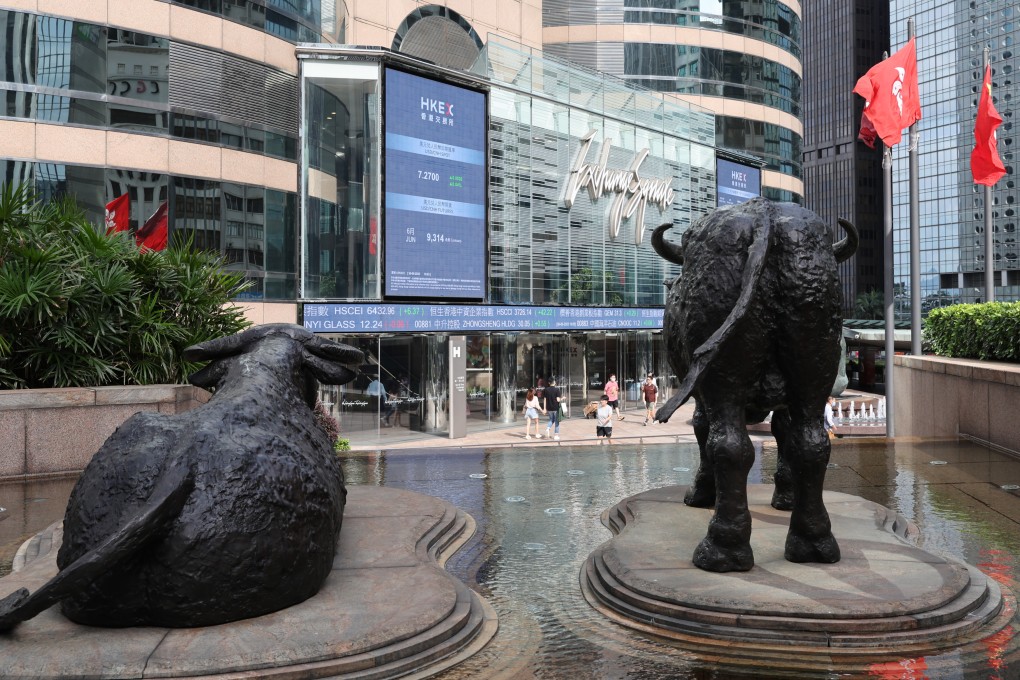Advertisement
Letters | ESG evaluations of social impact must reflect reality on the ground
- Readers discuss an ESG report on a real estate investment trust, how the Hong Kong stock exchange can boost liquidity, and the city’s next generation of medical professionals
Reading Time:3 minutes
Why you can trust SCMP

Feel strongly about these letters, or any other aspects of the news? Share your views by emailing us your Letter to the Editor at [email protected] or filling in this Google form. Submissions should not exceed 400 words, and must include your full name and address, plus a phone number for verification.
Advertisement
The current discussion on the environmental, social and governance (ESG) performance evaluation of businesses focuses on the environmental and corporate governance aspects. Our research on Link Reit reveals a serious mismatch between the evaluative rubrics of the social aspect and reality.
In the ESG evaluation conducted by S&P Global Ratings dated January 13, 2022, Link Reit scored 73 out of 100. The real estate investment trust was praised for its compliance with building safety regulations, gender balance in its workforce, and providing scholarships to students as well as for rental and other concessions during the pandemic.
Hong Kong Exchanges and Clearing notes that “impacts of social issues on a company’s operation can be of no less importance than environmental risks”. The S&P report seemed to indicate that Link’s social impact was fine.
This, however, reveals how disconnected from reality the current ESG understanding of the social aspect is.
Advertisement
Although Link offered concessions during the pandemic, in general, in its properties, faceless chain stores have crowded out the groceries that long served local residents. These chain stores in turn raise the prices of daily necessities – if they provide them at all – forcing poor residents, many of them elderly, to shop at government-run markets far away.

Advertisement